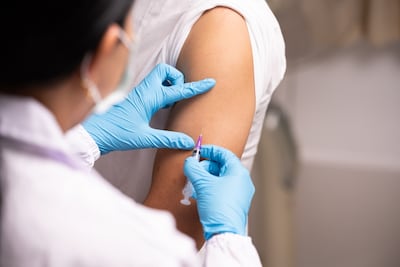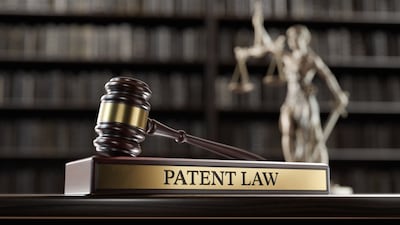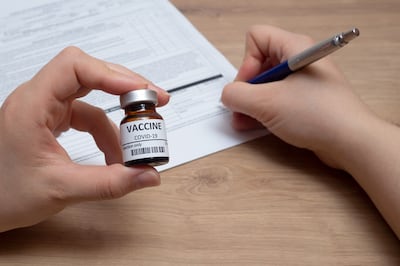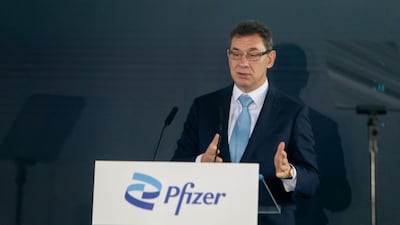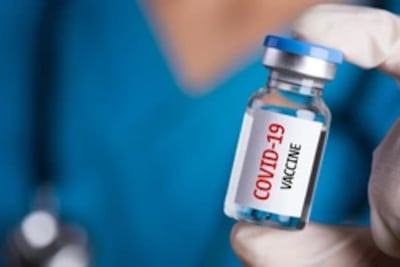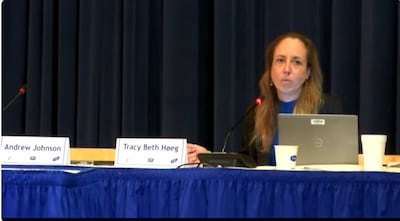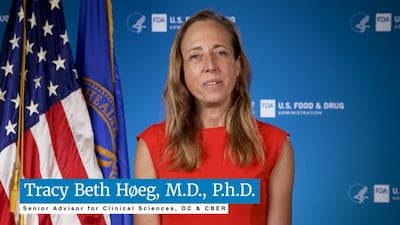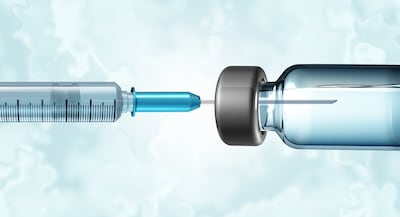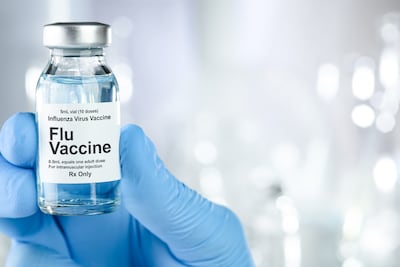Vaccines
New terms of reference for the Advisory Committee on Immunization Practices’ overhauled work groups on influenza, HPV and RSV reflect some members' broader concerns about the potential long-term adverse effects of vaccination.
Two flu vaccine labels already include febrile seizure in the clinical trial and postmarketing experience sections of the label, but the FDA wants all of them to add a warning of the adverse event.
Bayer is the latest company seeking compensation from COVID-19 vaccine manufacturers for allegedly infringing patents.
Novavax's John Jacobs discussed the company's response to FDA pressure and Takeda's Andy Plump addressed regulatory uncertainty in the US during the J.P. Morgan Healthcare conference.
Administrative Procedure Act challenges are expected after sweeping changes to the US vaccine schedule were made that experts said were not based on sound science.
HHS' new childhood and adolescent vaccine schedule states that only vaccines with a broad-based international consensus are recommended for routine immunization, while other recommendations are specific to high-risk groups and shared clinical decision-making.
“We are not going back to Pasteur,” Pfizer CEO Albert Bourla said, criticizing the US government’s current anti-vaccine rhetoric.
The European Medicines Agency has said that Anavex’s Alzheimer’s candidate should not be authorized for use in the EU due to safety and efficacy concerns. Seven other products, including two new cancer drugs, received positive opinions.
As differences emerged between FDA staff and senior political leaders over its COVID-19 safety review, CBER Director Vinay Prasad added an old colleague and critic of US COVID-19 policy to the center.
After voting to change the recommendation for a hepatitis B vaccine birth dose, the CDC Advisory Committee On Immunization Practices laid the groundwork for for changes to adjuvant policy.
At a CDC vaccine advisory committee criticized for “promoting an anti-vaccine agenda,” the new CDER director championed the committee’s plans and suggested the FDA would make more frequent vaccine label updates due to revised safety frameworks.
In another surprise leadership move, Commissioner Martin Makary named Høeg, who has stirred controversy with her involvement in FDA vaccine issues, the interim replacement for Richard Pazdur.
Because combination vaccines remain in the US childhood vaccine schedule, ACIP's reconsideration of hepatitis B vaccine dose timing could impact uptake of other immunizations, Demetre Daskalakis told the Pink Sheet.
Flu vaccines are specifically mentioned in the CBER director's internal email, but all new and some older vaccines seem to be affected. The impact on development programs is unclear.
Cidara's CD388 drug-Fc conjugate received a breakthrough designation as the Phase III ANCHOR trial started for once-per-season prevention of influenza in a higher-risk population.
Insmed’s first-in-class bronchiectasis drug, brensocatib, is among the products that are up for an opinion by the European Medicines Agency’s human medicines committee this week on whether they should be approved for use in the EU.
Unanimous vote on trivalent Southern hemisphere 2025-2026 influenza vaccine composition by US FDA advisory committee agrees with World Health Organization, but committee members want to keep quadrivalent capacity available
The Immunization Safety Office leveraged a “coordinated network of complementary surveillance systems” to monitor COVID-19 vaccine risks during the pandemic, but its communications faced challenges and were often intertwined with CDC efforts to promote vaccination, NASEM report finds.
Recent and upcoming US FDA advisory committee meetings and a summary of the topics covered.
The World Health Organization wants vaccine manufacturers and the scientific community to share certain types of data before its Technical Advisory Group on COVID-19 Vaccine Composition meets in December.


